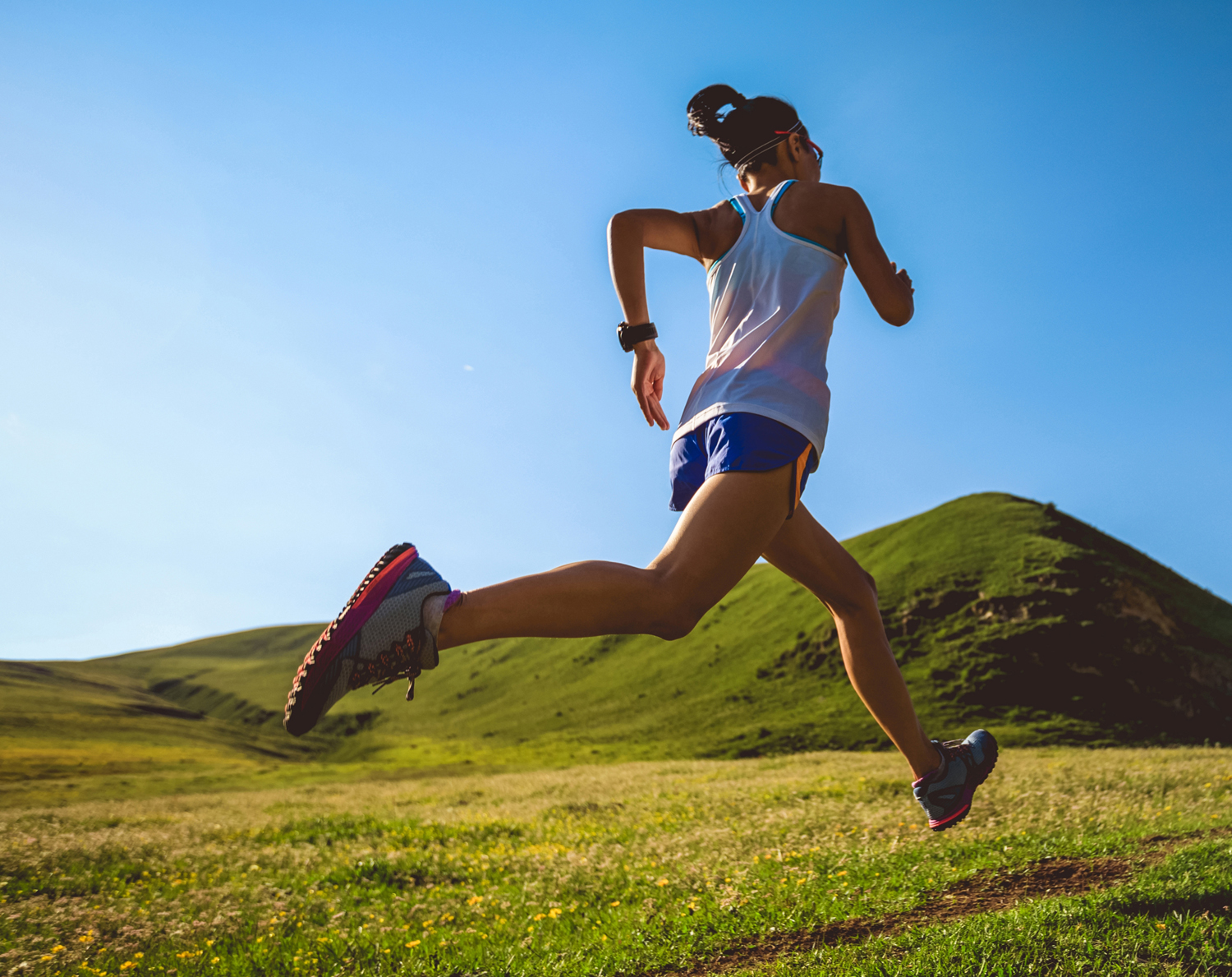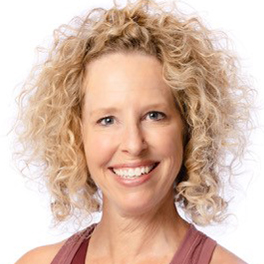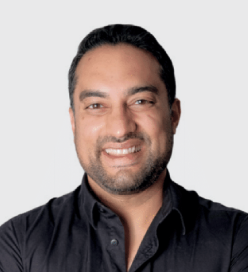
photo: Passion Fit
Studies show consumers have changed. They’re now more focused on preventative health, their relationships with other people and how they feel about themselves. They’re seeking happiness and peace and looking to decrease their anxiety and stress. This is more important than their weight, how they look or material success.
According to the Centre for Disease Control, loneliness and social isolation can be as detrimental to our health as smoking and obesity, potentially leading to depression, anxiety, stroke and dementia. Conversely, being socially connected positively impacts longevity and self-esteem, makes us more collaborative, trusting and emotionally intelligent as individuals, as well as more conscious of the power of our actions, behaviours and words.
As consumers’ goals are changing, the fitness industry can make a huge impact. While staying within their scope of practice, fitness professionals should look to incorporate the following into their own lives and then into their work with clients:
• Self care has become a buzzword, but it’s human nature to prioritise others at the detriment of ourselves. Seven out of 10 people say they know they need to self-care but often neglect it. We all need to claim time for ourselves to prevent burnout, so look after yourself and also talk to your members and clients about how self-care might look for them.
• Mindfulness is a wonderful tool to combat stress and even five minutes a day is beneficial. This could take the form of meditation and breathing exercises at the start or end of a class.
• Think about how you can create social connections and community among your clients. This could be encouraging interaction within classes, or looking for opportunities to expand beyond that, such as wellness retreats, workshops, fun events, hikes, or bike rides.
• People can get overwhelmed when changing behaviours, so take it one step at a time and make it simple. For example, if they need to eat more vegetables, just add one more vegetable to their dinner menu each week and encourage them to associate a positive feeling with the action to keep them motivated.
• Progress isn’t linear and if they take two steps back, reassure them that they haven’t failed. Some say it takes 66 days for an action to become a habit, then you can focus on the next change. l
Consumers are seeking happiness and peace,
and looking to decrease anxiety and stress


































































